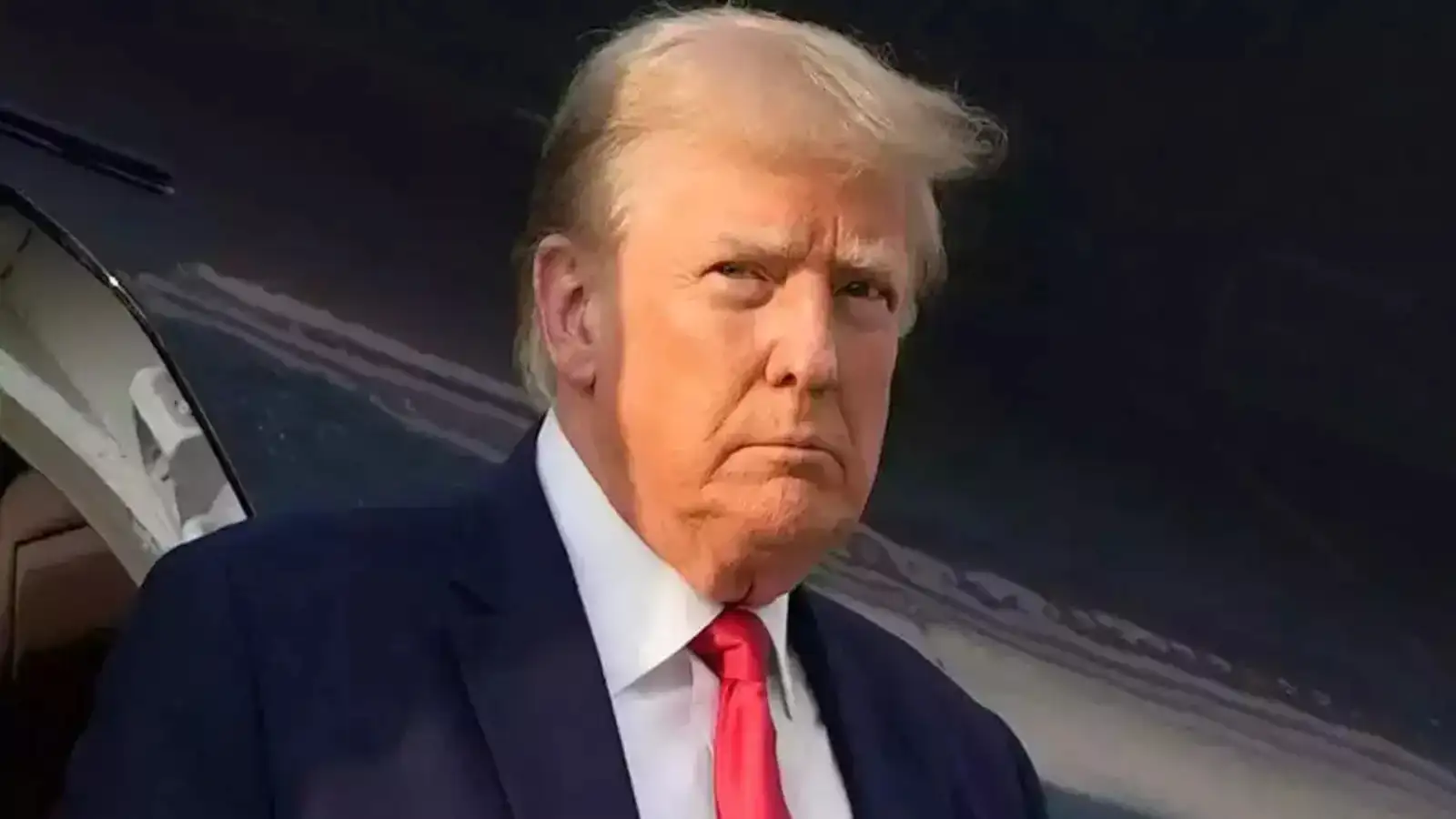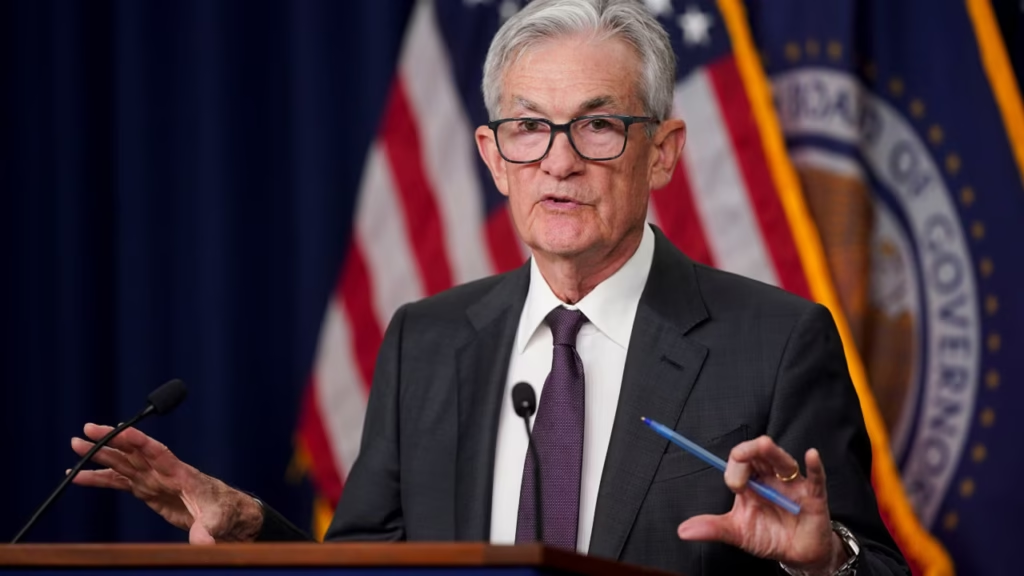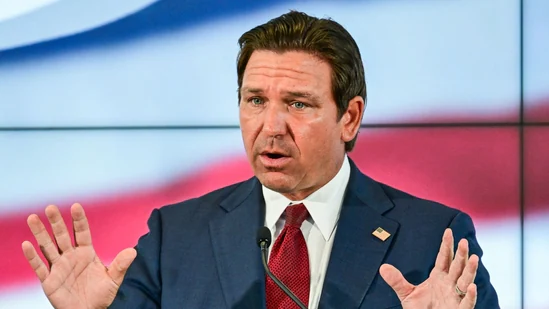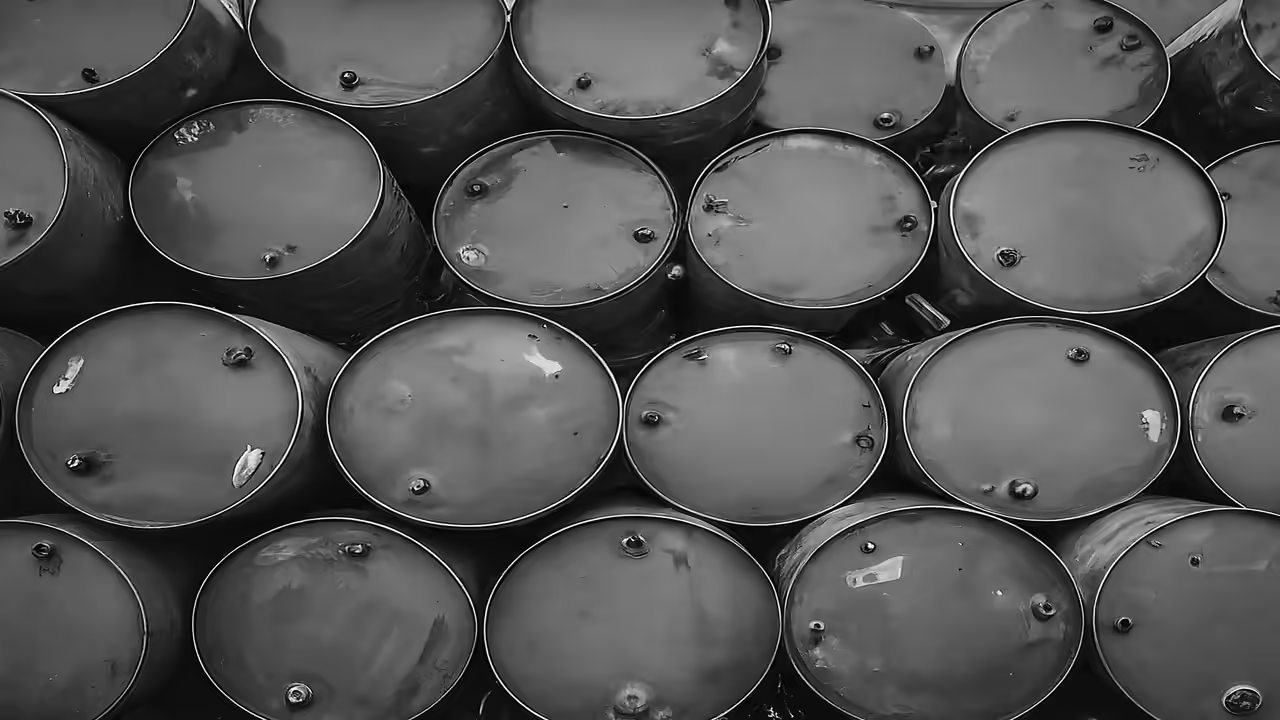Now Reading: Dow Jones Defends Journalism After Trump’s ₹83,000 Crore Lawsuit
-
01
Dow Jones Defends Journalism After Trump’s ₹83,000 Crore Lawsuit
Dow Jones Defends Journalism After Trump’s ₹83,000 Crore Lawsuit

In a high-stakes clash between media and politics, former US President Donald Trump has filed a massive $10 billion lawsuit against Dow Jones, the publisher of The Wall Street Journal. The allegation? Defamation. Dow Jones, however, is standing firm, saying it backs the accuracy and fairness of its journalism.
This legal fight has raised questions about press freedom, media responsibility, and the growing trend of political figures taking legal routes against news organisations.
What Triggered the Lawsuit
Trump’s lawsuit is centered around an article published by The Wall Street Journal that he claims was “false and defamatory.” His legal team argues that the piece harmed his reputation and was intended to mislead the public.
While Trump has frequently clashed with US media houses during and after his presidency, this lawsuit is among the largest ever filed by a political figure against a news organisation.
Dow Jones Responds
Dow Jones has firmly denied the accusations. In a public statement, the publisher expressed full confidence in its editorial standards and journalistic integrity. It also stressed the importance of a free press, suggesting that lawsuits like this could set a dangerous precedent for investigative journalism.
The company has made it clear that it will legally defend its reporting.
What This Means in a Larger Context
This isn’t the first time Trump has used defamation suits as a strategy against media outlets. However, such lawsuits rarely succeed in US courts due to strong First Amendment protections. Still, even when dismissed, these legal battles can be expensive and intimidating for journalists.
Globally, there’s rising concern about legal threats being used to silence critical reporting. Journalists in India and Tier 2 cities have faced similar pressures—whether through defamation suits, police cases, or political backlash.
The case underscores the tightrope that media walks between informing the public and facing retaliation from powerful individuals.
Why It Matters for Indian Readers
India, too, has witnessed high-profile defamation cases, with journalists and digital outlets increasingly dragged into legal battles. The outcome of Trump’s case could influence global norms around press freedom.
For regional newsrooms in cities like Nagpur, Bhopal, and Jaipur, this case is a reminder that strong, fact-checked reporting matters—but so does legal preparedness.
Conclusion
The Trump vs. Dow Jones battle is not just about one article—it’s about the future of free journalism in a world where facts are often challenged by lawsuits. As the case unfolds, media houses everywhere will be watching closely. The verdict, whenever it comes, could send ripples across newsrooms far beyond the US.

























